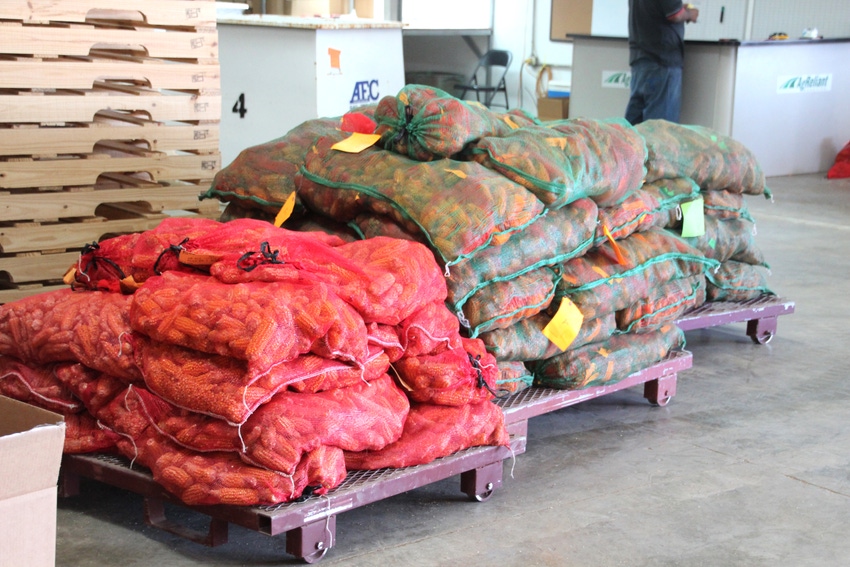
The attraction of Puerto Rico over Hawaii involves the tropical climate, the country’s location and its positive business environment.This is the 6th piece in our "Week in Puerto Rico" series. Check back for more videos, photo galleries and stories in the series at www.farmindustrynews.com.Piece 1: Video: Soybean, seed nursery business thrives in Puerto RicoPiece 2: Video: New corn genetics line launched with non-GMO stress insect tolerance Piece 3: Photo gallery: Major rice company uses Puerto Rico for seed research, nurseryPiece 4: Video: Spectrum Seed Solutions uses DuraYield genetics for non-GMO marketsPiece 5: Gallery: Bayer CropScience expands see research, nursery in Puerto Rico

Puerto Rico has become the new Hawaii in the corn and soybean seed business. This small Caribbean island is the new winter home for major seed companies including AgReliant, Bayer CropScience, Dow AgroSciences’ Mycogen, Monsanto, Pioneer Hi-Bred and Syngenta.
The attraction of Puerto Rico over Hawaii involves the tropical climate, the country’s location and its positive business environment.
Climate
While both Hawaii and Puerto Rico offer a year-round growing season, the season is slightly shorter in Puerto Rico. “We have a very fast growing environment, about 10-14 days faster than in Hawaii,” reports Ed Baumgartner, 3rd Millennium Genetics (3MG). 3MG is a Puerto Rican based company, but offers nursery services to U.S. and global seed companies.
Baumgartner says U.S. growers are often surprised to see plants emerge in 4-5 days in the island climate. This optimal growing weather can produce a crop in 90 days and up to four generations in one year.
In addition, the volcanic soils of Puerto Rico are black and fertile. The seed companies locate their nursery and research farms on the south side of the island where the land is flat.
Location
The distance from Puerto Rico to the mainland is shorter than it is from Hawaii. It is only 2-3 hours from the U.S. east coast while Hawaii is five hours from the west coast.
In addition, Puerto Rico’s status as a U.S. territory means its products are easily shipped into the mainland just as they do from Hawaii. This is an advantage the island has over South American and other tropical countries where seed is grown in the off season. The seed must pass through customs to enter the U.S.
Business climate
Puerto Rico has been home to a thriving biotechnology industry for a decade. Major pharmaceutical companies like Pfizer, Merck and Abbott have located plants and research facilities here as well as U.S. agrochemical companies like BASF and Monsanto.
And now the Puerto Rican government is supporting the growth of the agricultural biotechnology with incentives like subsidies for worker wages and the use of existing facilities. It also offers low tax rates to businesses, especially for research and development work.
The favorable business climate is working. Monsanto, for example, plans to complete at new 20,000-sq.-ft. facility in August. Juan Santiago, Monsanto station manager, said the new facility will be used mainly for breeding. Currently, the company has two sites with a total of 2,500 acres for corn, soybean and cotton research and nursery growth. Monsanto has operated facilities on the island since 1984.
Of course, the biotechnology industry needs well-trained workers and the universities and schools have gotten involved in this, according to James Perez-Marcano with the Puerto Rico Department of Economic Development and Commerce (PRIDCO). He says educational programs and college degrees target the needs of this industry and have produced a well-trained workforce for the biotech industry.
The focus is now on ag biotechnology. One example is the Pontifical Catholic University in Puerto Rico where a new Biotechnology and Agrobiotechnology Research and Learning Center just opened. The center will help educate a new generation of island professionals in the agricultural biotech business.
About the Author(s)
You May Also Like





